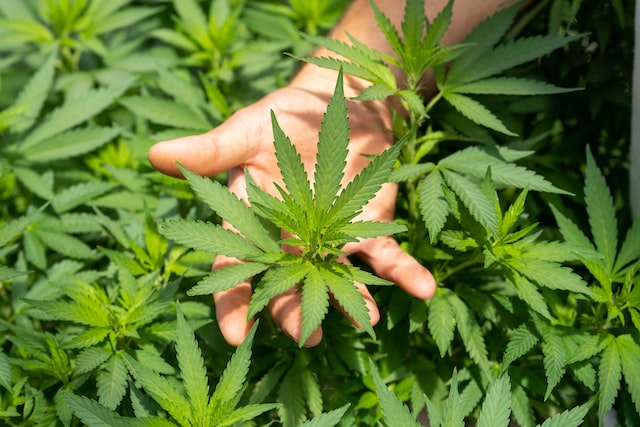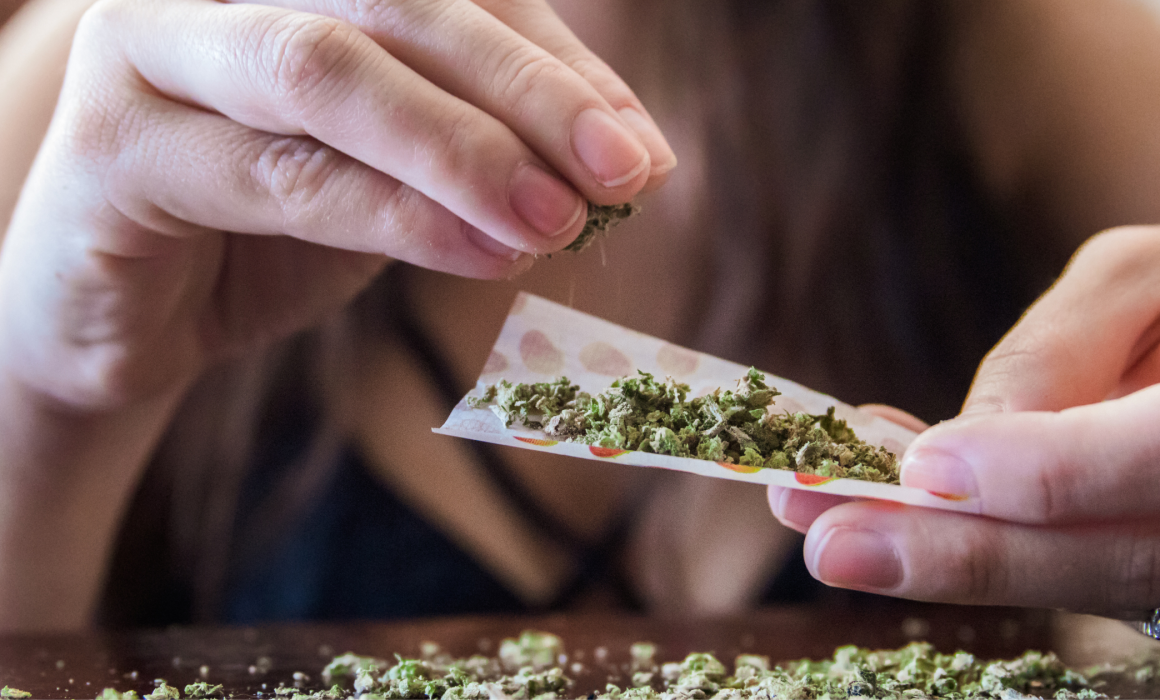National cannabis experiment not yet launched: problems cause delay
The national cannabis experiment has been in the pipeline for several years. So far, however, it has not yet started. This year, the government has once again announced that the cannabis experiment has been postponed. This time until the second quarter of 2023. The elected producers also feel that this time frame is not realistic. Read about the problems they face here.
What is the cannabis experiment?
The cannabis experiment is an experiment designed to find out what the effect would be of legalizing cannabis. There are 10 producers and 10 municipalities participating in the experiment. 10 chosen producers are to supply coffee shops in the 10 municipalities, including Breda and Tilburg, with legal cannabis for 4 years.
The government wants to find out what effect legal cannabis has on public health, crime, and security within the municipalities. The rationale behind this is that when cannabis is grown legally by appointed producers, there will be less illegal cultivation. This will reduce the criminal activity involved. Also, under legal cultivation, there is more control over the quality of the cannabis.
Yet a number of coffee shops in various municipalities have abandoned this experiment due to the quality of the cannabis in particular. They are not convinced of the quality that the appointed producers will deliver, and by using this legal weed that may not be up to scratch, they do not want to stimulate the illegal cannabis market. They indicate that they would like to sell their own illegal cannabis in addition to the legal product. However, this is not possible within the experiment.
Postponement of the national cannabis experiment
Although the cannabis experiment was agreed upon back in 2017, it has still not started. The start of the experiment was scheduled for 2021. This proved to be an unrealistic goal for producers, after which the cannabis experiment was postponed, this time until 2022.
Now it appears that it will not be feasible to start the cannabis experiment this year either, causing great frustration among the population, producers and coffee shops. But, also within the parliament questions are being raised about the delays of the experiment.
Now it seems the start of the experiment is scheduled for the second quarter of 2023. This was claimed by the Ministry of Health in a letter to the second chamber.

The problems
There are a number of different explanations for the delayed national cannabis experiment. These obstacles are hoped to be resolved by 2023 so that coffee shops can sell legal weed.
First, there is a shortage of different types of cannabis that meet the quality requirements of the cannabis trial. The reason given by the parliament is that it took longer than planned to find the right producers. And of course, without coffee shops with a supply of legal weed, the trial cannot start.
Another big hurdle is opening bank accounts for the suppliers. This does not appear to have been possible so far. This is because banks have strict rules to prevent fraud, money laundering and other criminal activities. Since large-scale cannabis cultivation is not legal, banks see this as an obstacle. The Ministry of Finance and the Ministry of Health are working with Dutch banks to find solutions.
Because of these obstacles, 9 out of 10 suppliers do not feel comfortable starting up in the short term. Consequently, all 9 have sent a letter to Ministers Kuipers of Public Health, and Yesilgöz of Justice and Security, to raise the necessity of realistic planning.
The planning for 2023
The cannabis experiment is now scheduled for the second quarter of 2023. Participating coffee shops of the experiment will then be able to sell legal weed. This will be preceded by a 6-week transition phase, during which the coffee shops can sell their remaining illegal cannabis supply along with the legal cannabis. After the 6 weeks, only the legal cannabis may be purchased in these coffee shops by visitors.
What’s next?
Although it looks like the cannabis experiment can start in the second quarter of 2023, this is highly dependent on solving the problems mentioned above. Before the end of 2022, the Dutch parliament will discuss whether this planning is feasible. So for now, we wait and see!



